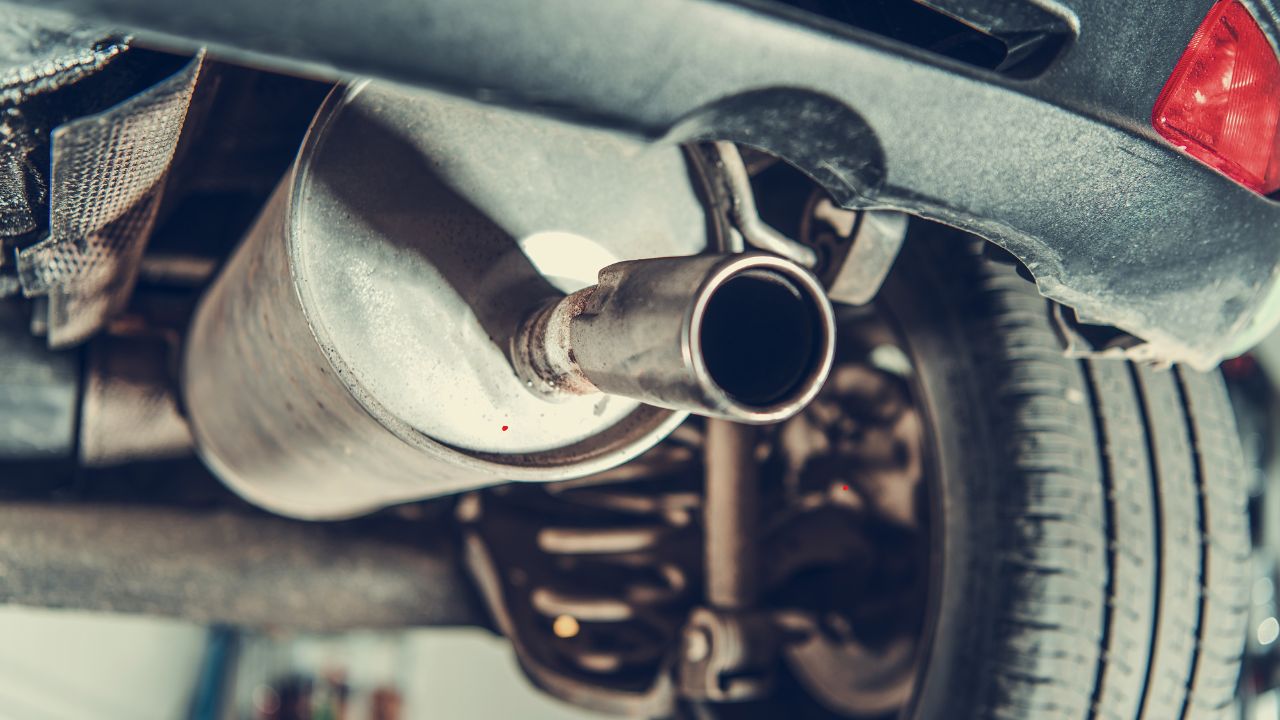When buying a used car in Arizona, it’s essential to understand the legal requirements and protections available to you as a consumer. Knowing your rights and responsibilities can help you avoid potential pitfalls and ensure a smooth transaction. This article covers key aspects of Arizona’s used car laws, including lemon laws, title transfers, emissions testing, and warranties.
Arizona Lemon Laws for Used Cars
Arizona’s Lemon Law is designed to protect consumers from buying defective vehicles. While this law is more commonly associated with new cars, it also applies to used cars in certain situations.

Understanding the Lemon Law
In Arizona, a vehicle is considered a “lemon” if it has a defect that significantly impairs its use, value, or safety, and the dealer or manufacturer is unable to fix the issue after a reasonable number of attempts. For used cars, the Lemon Law applies if the vehicle is still under the manufacturer’s original warranty.
What to Do if You Have a Lemon
If you believe your used car is a lemon, your first step should be to notify the dealer or manufacturer in writing. They are required to make a reasonable effort to repair the defect. If the issue isn’t resolved after four repair attempts, or if the car has been out of service for a cumulative total of 30 days or more, you may be eligible for a replacement vehicle or a refund.
Title Transfers in Arizona
When you buy a used car in Arizona, transferring the title to your name is a crucial step. This process legally establishes you as the vehicle’s new owner.
How to Transfer a Title
To transfer a title in Arizona, you’ll need the following:
- The signed and notarized title from the seller
- A completed Title and Registration Application
- A lien release, if applicable
- Payment for the title transfer fee
You must complete the title transfer within 15 days of purchasing the vehicle. Failing to do so can result in late fees and penalties. Once the title transfer is complete, you can register the vehicle and obtain Arizona license plates. For added peace of mind, consider conducting an Arizona license plates lookup before finalizing the purchase to ensure the car’s history is clear of any issues.
Emissions Testing Requirements
In Arizona, certain counties require emissions testing for vehicles before they can be registered. This requirement is in place to help maintain air quality and reduce pollution.

Who Needs Emissions Testing?
Emissions testing is mandatory for vehicles registered in the Phoenix and Tucson metropolitan areas. If you’re buying a used car, it’s essential to verify that the vehicle has passed its most recent emissions test. If the car fails the test, the seller must repair it before the sale can proceed.
How to Get an Emissions Test
To get an emissions test, take the vehicle to an authorized testing station. You’ll need to provide the vehicle’s registration or title and pay the testing fee. If the car passes, you’ll receive a certificate that’s valid for one year. If the car fails, you’ll receive a report detailing the necessary repairs.
Warranties and Used Cars
Warranties offer consumers protection against defects and repairs after purchasing a vehicle. Understanding the type of warranty your used car comes with—or whether it has one at all—is vital.
Types of Warranties
- Manufacturer’s Warranty: If the used car is still under the manufacturer’s original warranty, any necessary repairs covered under the warranty will be handled at no cost to you.
- Implied Warranty: In Arizona, used cars are generally sold with an implied warranty of merchantability. This means the vehicle is assumed to be in good working order and suitable for driving. If the car fails to meet this standard, the dealer may be responsible for repairs.
- As-Is Sales: Some used cars are sold “as-is,” meaning the buyer assumes all responsibility for any defects after purchase. Be cautious when considering an as-is sale, and have the vehicle thoroughly inspected by a trusted mechanic before buying.
What to Do if You Need Warranty Repairs

If your used car requires repairs covered under a warranty, contact the dealer or manufacturer to schedule a service appointment. Keep all records of your communications and repair attempts, as they may be necessary if a dispute arises.
Protect Yourself with a Vehicle Tag Lookup
Before purchasing a used car in Arizona, it’s wise to conduct a vehicle tag lookup. This process allows you to verify the car’s history, including previous owners, accident history, and whether the vehicle has been reported as stolen.
How to Conduct a Vehicle Tag Lookup
To perform a vehicle tag lookup, you’ll need the car’s license plate number or Vehicle Identification Number (VIN). Several online services offer this feature, some for free and others for a fee. The report will provide you with valuable information that can help you make an informed decision.
Why It’s Important
A vehicle tag lookup can reveal red flags that might not be immediately apparent during a visual inspection. For example, you might discover that the car has been in a major accident or that it has a lien against it. This information can help you avoid purchasing a car with hidden problems.
Final Thoughts
Buying a used car in Arizona involves several legal steps that are essential for protecting your investment. Understanding Arizona’s Lemon Law, title transfer requirements, emissions testing, and warranties can help you navigate the process with confidence. Additionally, taking the time to perform an Arizona license plates lookup and a vehicle tag lookup can provide extra peace of mind, ensuring that your new car is a safe and reliable choice.